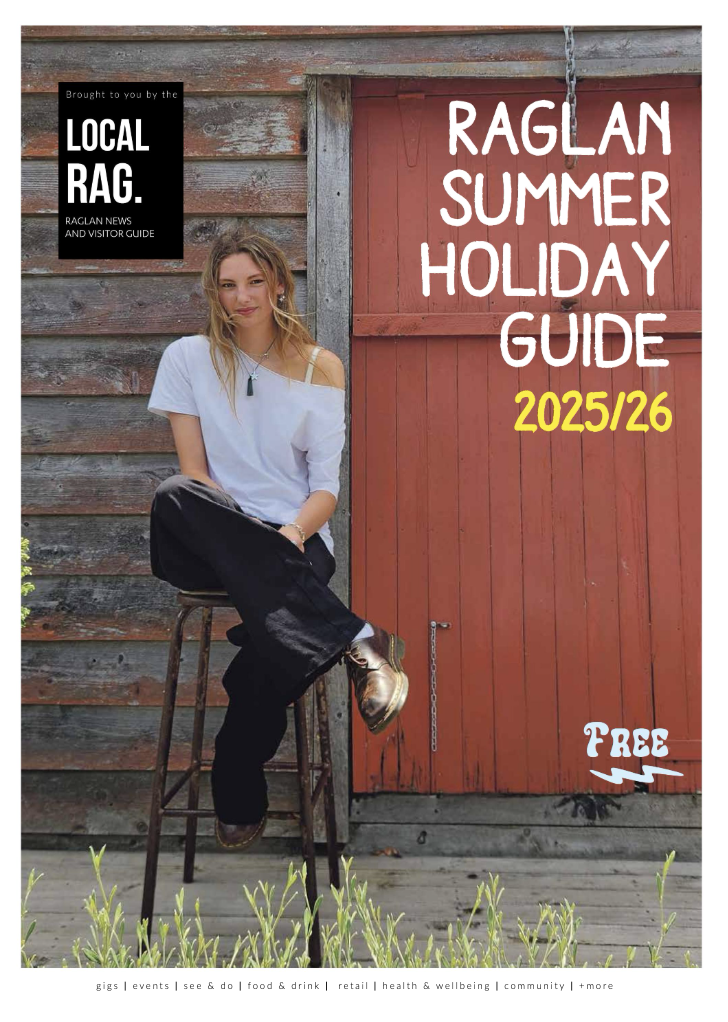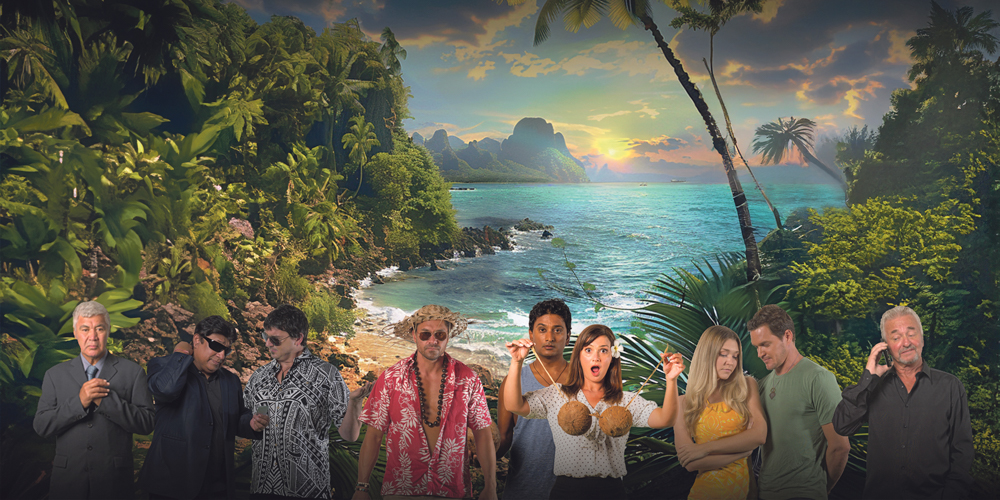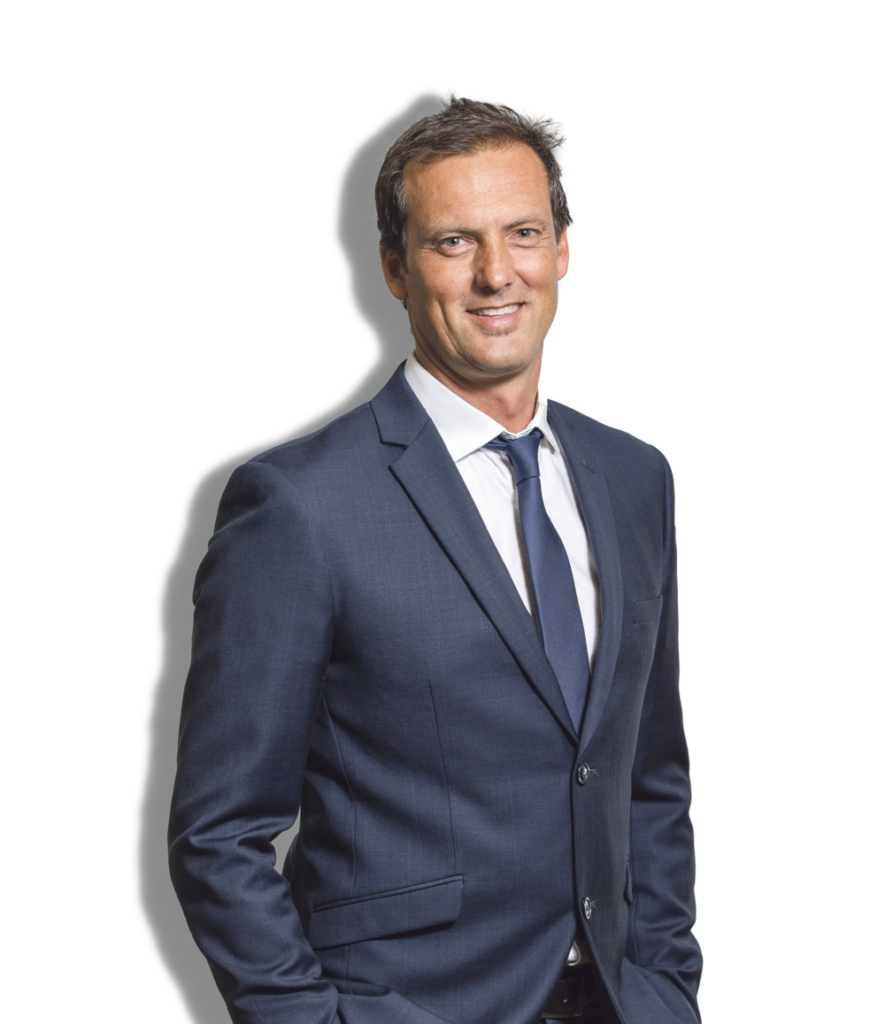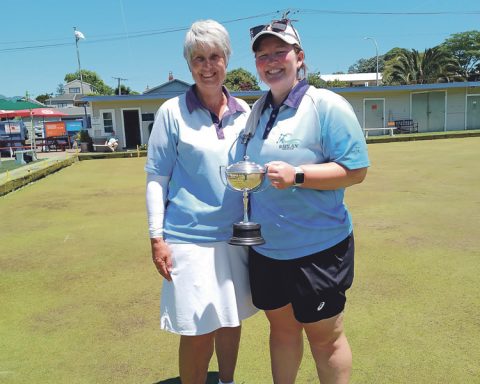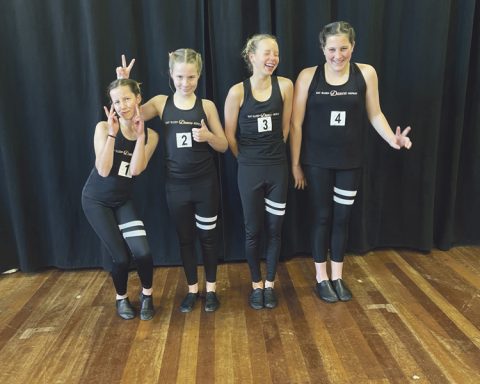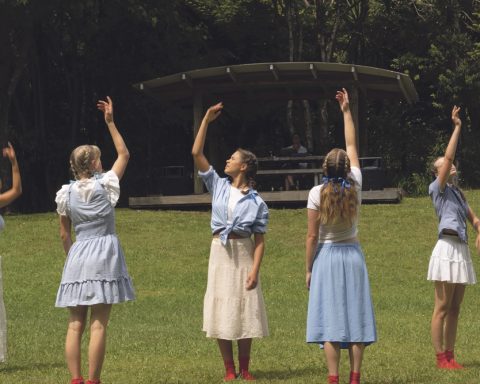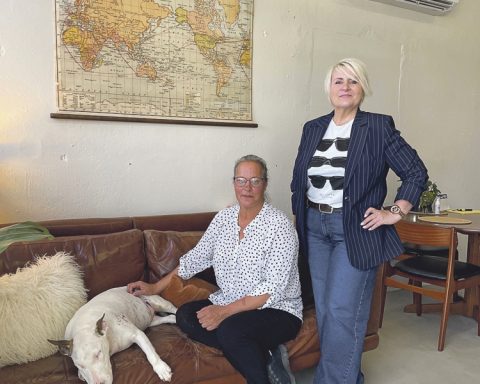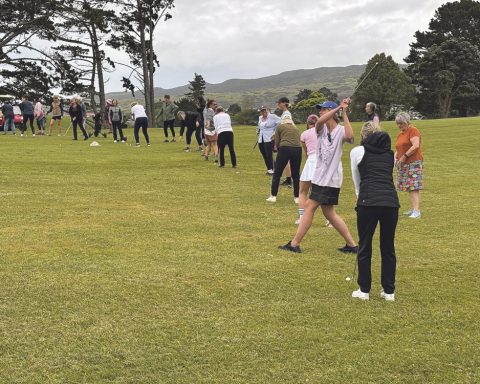Longtime Raglan surfer and environmentalist Malibu Hamilton has left in his wake quite the legacy – so much so that the community for which he simply “got a lot of things done” now wants to erect a seat dedicated to him and his tireless mahi.
Locals say ideally the memorial seat should be at Whale Bay where Malibu – or ‘Maori Mike’ as he was known among the town’s early wave of boardriders – surfed the most. “He always talked about those eight-foot days at Outsides,” recalls friend and onetime Kiwis Against Seabed Mining (KASM) chair Phil McCabe.
Malibu passed away recently in Thames, having sold up and shifted there a few years ago to be closer to whanau.
A distinctive local identity with his trademark plaited pigtail, Malibu first made his mark on Raglan’s surf scene back in the 60s and 70s, which led ultimately to a deep concern for the environment. After attending university he became an expert on the Resource Management Act, working as a commissioner on decision-making panels around the country.
As one tribute this week put it, he took “that passion for the water and surfing to the land – fighting to protect what we have.
In Whaingaroa he was a founding member of KASM, bringing “strength and wisdom” to its committee for nearly two decades. “He played a guiding role (for me),” Phil says, “and offered his Maori perspective to KASM’s work.”
Malibu always had time for a korero, adds Phil who often stopped by at his Upper Wainui Rd home. It was “pretty rare” to have a short conversation, he laughs.
Phil remembers on those visits his computer invariably being open, with Malibu working on some document or other. “He was a strategic activist who believed in putting his views into the decision-making process,” whether it be submissions for KASM, the Surfbreak Protection Society or for Te Ngaru Roa aa Maui which Malibu set up to protect tangata whenua values.
Malibu is also credited with smoothing early interactions between Whaanga coast landowners and surfers, which weren’t always peaceable.
Malibu – who grew up at Maketu marae in Kawhia – once told the Chronicle that when surfers like himself first came to Raglan they would jump out of the car and down into the paddocks to get to the waves without any respect for private property. Stalwarts like Malibu then stepped in to help back the landowners and police the surfers.
It was all about “embracing the spirit of Whaingaroa”, he said, sharing the ocean and the land respectfully.
With his experience in politics and activism, Malibu more recently became a “kind and compassionate” supporter to Waikato district councillor Lisa Thomson when she first ventured into local politics.
“He was deeply knowledgeable about environmental protections and the Resource Management Act,” says Lisa. “That passionate advocacy for the environment and for Maori will be greatly missed.”
She says she will never forget Malibu’s advice to her, in her role as Whaingaroa ward councillor, to go hard on the issues and soft on relationships. “I keep it close to my heart,” she adds.
Malibu was also instrumental in founding the Karioi Project and Whaingaroa Environmental Defence, and his legacy extends through the Surfbreak Protection Society and the successful legal case with KASM to protect our surf breaks.
Whaingaroa Environmental Defence secretary John Lawson says Malibu got a lot of things done – in the environment, in surfing and for Maori. “And he was good at persuading people to do things” like encouraging Kristel Van Houte to project manage the Karioi Project, a community-led conservation and education organisation, inspiring others to connect with nature and care for it.
Malibu also worked alongside local academic and fellow environmentalist Angeline Greensill for changes to the Waikato district plan which have enabled the creation of papakainga in Whaingaroa, the first on Wainamu Rd and more recently the second on Wainui Rd near Poihakena marae.
Malibu is survived by his six tamariki and many mokopuna.

